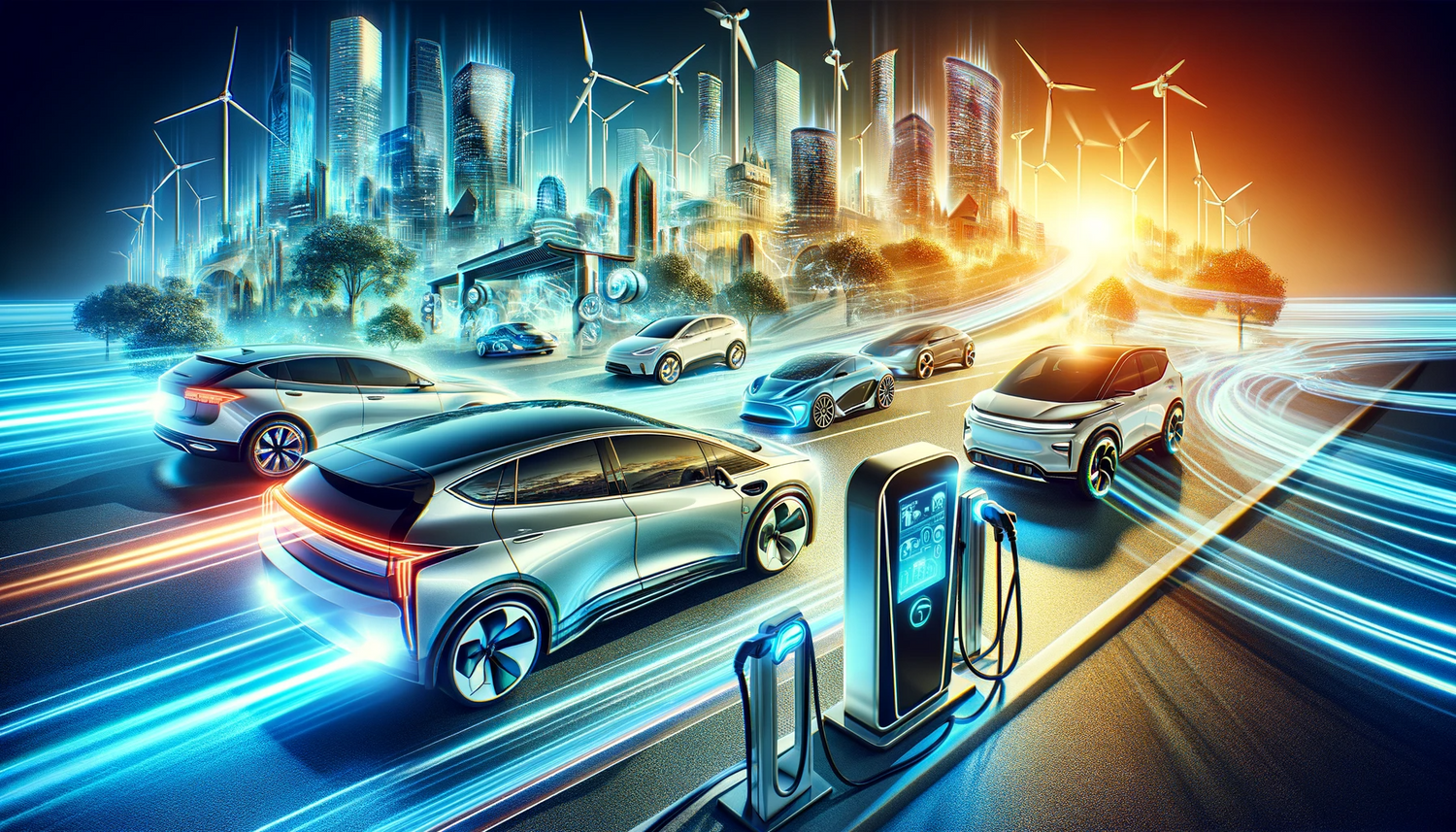Electric Vehicles: Charging Ahead into the Future
Introduction: The Electric Vehicle Revolution
The rise of electric vehicles (EVs) marks a significant shift in the automotive landscape. With increasing awareness of environmental concerns and advancements in technology, electric vehicles are rapidly becoming a viable and preferred option for many drivers. This post delves into various facets of electric vehicles, from their adoption and advantages to the nuances of home charging solutions.
Electric Vehicle Adoption: A Growing Trend
The adoption of electric vehicles is accelerating globally, driven by factors like environmental awareness, governmental incentives, and advancements in EV technology. The increasing availability of a wide range of models from various manufacturers, including luxury brands like Audi and BMW, is making EVs more accessible and appealing to a broad spectrum of consumers.
Advantages of Electric Vehicles
Electric vehicles offer numerous advantages over traditional gasoline-powered cars. They are environmentally friendly, emitting zero tailpipe emissions, thus reducing air pollution. EVs are also more cost-effective in the long run due to lower maintenance and operational costs. The convenience of home charging stations adds to their appeal, allowing owners to charge their vehicles overnight.
Home Electric Vehicle Charging Stations
The advent of home electric vehicle charging stations has revolutionized how EV owners manage their vehicles' charging needs. These chargers, available in various models including Level 1 and Level 2 chargers, provide a convenient and efficient way to charge EVs at home. Level 2 chargers, in particular, offer faster charging times, making them a popular choice for EV owners with higher daily mileage.
Environmental Impact and Sustainability
One of the most significant advantages of electric vehicles is their reduced environmental impact compared to traditional gasoline vehicles. EVs contribute to lowering greenhouse gas emissions, especially when charged using electricity from renewable sources. The increasing focus on sustainable practices in EV manufacturing and the development of eco-friendly accessories further enhance their green credentials.
Electric Vehicle Battery: A Key Component
The heart of any electric vehicle is its battery. Advances in battery technology are continually improving the range and efficiency of EVs. However, concerns like battery life, replacement costs, and environmental impact of disposal are also part of the conversation. Battery recycling programs and research into more sustainable battery materials are addressing these concerns.
Challenges and Considerations
Despite their advantages, electric vehicles also face challenges. One of the main issues is the initial cost, which can be higher than traditional cars. However, many governments offer incentives like tax credits to offset these costs. Range anxiety remains a concern for some consumers, although advancements in battery technology and an expanding network of charging stations are gradually alleviating this issue.
The Future of Electric Vehicles
The future of electric vehicles looks bright, with continuous advancements in technology, infrastructure, and sustainability practices. The EV market is set to expand further with more affordable and efficient models, enhanced battery technology, and a more extensive charging network. As electric vehicles become more mainstream, they are set to play a crucial role in the transition towards a more sustainable and environmentally friendly mode of transportation.
Conclusion: Embracing the Electric Vehicle Movement
Electric vehicles represent not just a technological advancement but a shift towards a more sustainable and eco-friendly future. With their numerous benefits and the growing support for EV infrastructure, they are an increasingly practical and appealing choice for consumers around the world.










